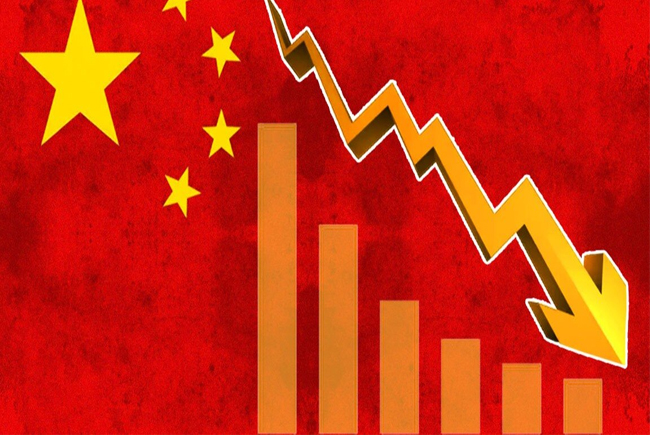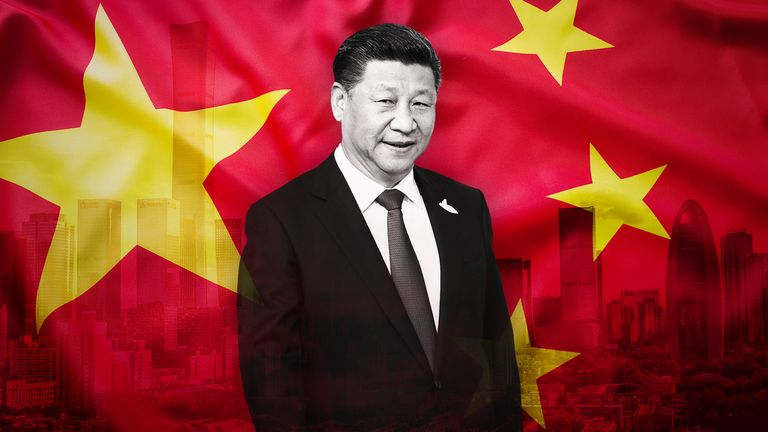As China faces a big drop in its stock market worth $7 trillion, officials are getting ready to update President Xi Jinping on how they plan to make the market steadier. This shows that Beijing is in a hurry to make investors feel more secure and stop the market from going down further. The market has lost a lot of its value since its peak in 2021, especially the Hong Kong and China stocks. For example, the Shanghai Composite Index has gone down by more than 21% from its highest point in December 2021.
There are different reasons why this is happening, like strict government rules, tensions between countries, problems in the real estate market, and issues within the country’s economy. Because of all these reasons, people are asking for quick and strong actions to prevent consumer confidence from dropping even more.

China’s real estate sector is facing significant challenges, highlighted by the crisis at China Evergrande Group, one of the country’s largest property developers. Evergrande’s rapid expansion and heavy borrowing led to financial distress, exposing broader vulnerabilities in the sector such as high debt levels, slowing property sales, and regulatory changes targeting speculative investments.
This crisis has had far-reaching implications, impacting not only property developers but also the overall Chinese economy. With $125 billion in bond defaults between 2020 and 2023, the real estate sector, a key driver of China’s economic growth, has seen layoffs, financial instability, and a slowdown in the country’s post-pandemic recovery.

Chinese President Xi Jinping
China is facing economic challenges after COVID-19, with consumer spending, foreign investment, and the property sector affected. The government aims to boost domestic demand and economic recovery in 2024 through stimulus measures, but doubts remain about their effectiveness. High debt levels, stimulating consumption, and geopolitical tensions add to the complexity. There’s skepticism about China’s communication of its strategies and efforts to restore confidence. Investor confidence is shaky due to centralized economic policy control by Xi, slow decision-making, and insufficient measures to reverse the economic downturn.
Under Xi’s leadership, China’s centralized decision-making emphasizes stability and common prosperity, but challenges persist in addressing economic complexities like the debt-laden property sector. Regulatory crackdowns and concerns over the legal environment for foreign businesses add to investor apprehension despite efforts to improve regulations. China seeks new growth drivers, especially in electric vehicles and green energy, while facing obstacles in high-tech sectors due to sanctions and internal inefficiencies. Beijing aims for innovation-driven development to shift from traditional growth engines but success remains uncertain. This pivotal moment for China’s economy has global implications, as Beijing strives to balance growth, stability, and reform in an uncertain global landscape.
Sources: https://finance.yahoo.com/

